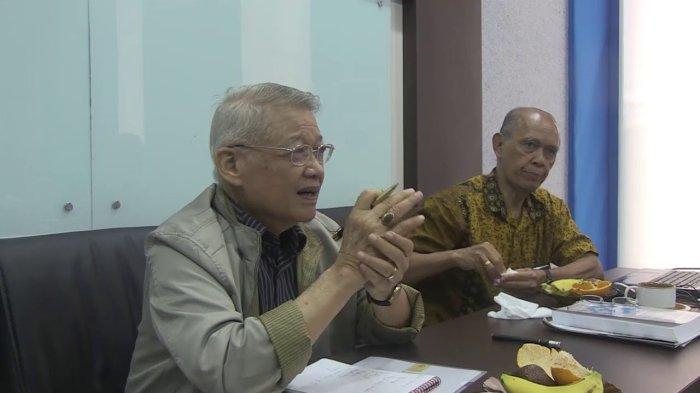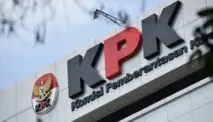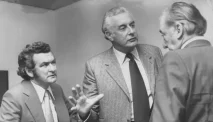“The institution they established aims to educate Chinese members in the tradition of sinology by name,” he explained. The first generation of Indonesian sinologists produced by the above institutions are mostly of Chinese ethnic background, including Ing Djiang, Li Chuan Siu, Tan Lan Hiang and Tan Ngo An.
“Recently, the institution that became the forerunner of the University of Indonesia’s Chinese studies program was strengthened by the arrival of Professor Tjan Tjoe Som, a sinologist who studied at Leiden University and chose to serve in his country , instead of becoming a professor in the Netherlands,” Dahana said.
It was Professor Tjan Tjoe Som and the first generation of Indonesian sinologists who produced the next generation of sinologists, including Professor Gondomono, Dr. Ignatius Wibowo and senior journalist Rene Pattiradjawane,” Dahana concluded.
However, Dahana regrets that, in his opinion, the recent trend along with the era of China’s rise tends to undermine sinology. “Nowadays, there are more and more departments that call themselves Chinese departments or study programs but only focus on teaching Mandarin,” he concluded.
In addition, Dahana expressed concern about the tendency of some observers to lose their critical stance on conducting China studies. “Even though it is important for the Indonesian people to have objective knowledge about China, which is obtained through a critical learning process,” he said.
In agreement with Professor Dahana, Professor Hermina Sutami said that the Chinese study is a scientific activity that studies China/China in a specific area.
While Sinology is a science in a specific field about the state of China. In his view, sinology and sinology are currently facing many challenges. Among others: How to learn Mandarin according to the function of learning a foreign language?
According to Sutami, these functions include being a means of communication with other nations, accelerating the process of Indonesian nation and state building, and utilizing the knowledge and technology of foreign countries whose languages are learned in the face of freedom of competition.






